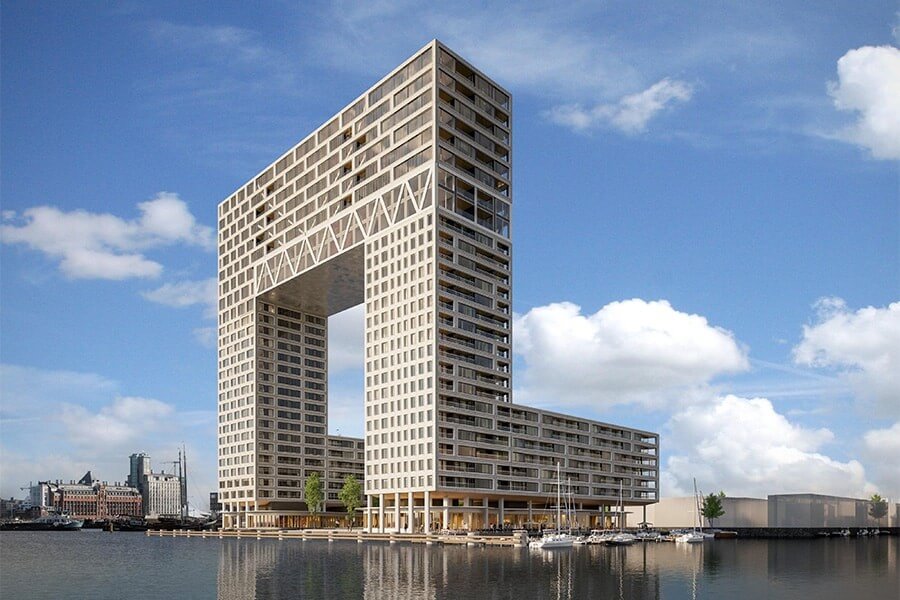Towercast: yet another way to thwart killer acquisitions. What happens to non-notifiable acquisitions in the Netherlands?
Non-notifiable mergers may constitute an abuse of a dominant position. This is the position taken by the European Court of Justice (“ECJ”) in its ruling of 16 March in the much-discussed Towercast case. The crucial precedent appears to be the 1973 Continental Can judgment, which held that the prohibition of abuse of dominance in Article 102 TFEU can also apply to concentrations. An important detail is that Continental Can dates from a time when the European Merger Regulation had not yet been adopted.. Nevertheless, the ECJ ruled, in line with the opinion of Advocate General Kokott, which had already caused quite a stir, that this case-law still applies.
The proceedings were prompted by a complaint filed by Towercast with theFrench background French competition authority. According to Towercast, Télédiffusion de France (“TDF”) abused its dominant position by acquiring Itas, its only competitor besides Towercast. The acquisition remained below all thresholds and therefore did not need to be notified to a competition authority. The French competition authority rejected Towercast’s complaint. Towercast lodged an appeal against this with the French court, which then referred the matter to the ECJ for a preliminary ruling.
An additional option for tackling killer acquisitions
The French court wanted to know whether a concentration that does not require notification and does not trigger a referral to the European Commission under Article 22 of the Merger Regulation (acquisition of an innovative competitor) , could constitute an abuse of a dominant position within the meaning of Article 102 TFEU. The ECJ – citing Continental Can – answered this question in the affirmative.
According to the ECJ, the European rules do not preclude concentrations falling below the thresholds from constituting abuse of a dominant. position at a national level. Article 102 TFEU provides a non-exhaustive list of types of abuse. Article 1 of the EU Merger Regulation (Regulation No 139/2004) provides that it only applies to concentrations exceeding the EU notification thresholds. Article 21(1) of the EU Merger Regulation provides that the review of concentrations is exclusively governed by that Regulation. The application of Regulation 1/2003 is explicitly excluded (as was also confirmed by the ECJ in the Austria Asphalt judgment). The court held, however, that a regulation cannot overrule primary Union law, including Article 102 TFEU. The hierarchy of legal rules and the direct effect of Article 102 TFEU made this impossible. For mergers where the EU thresholds are not exceeded, the European Commission, the courts and national competition authorities can apply Article 102 TFEU directly.
What happens to acquisitions in the Netherlands?
This conclusion leads to a somewhat strange situation in the Netherlands. Article 24 of the Competition Act (“Mw”) – the Dutch equivalent of Article 102 TFEU – explicitly states in paragraph 2 that a concentration does not constitute an abuse of dominance.
The ECJ’s judgment therefore raises the question whether Article 24(2) Mw is in line with European law. In our view it is. Indeed, Article 24(2) Mw is limited to national matters. Pure national concentrations that do not meet the national (or any other) notification thresholds are not considered abusive under Article 24(2) Mw. At the same time, as a result of the Towercast judgment, concentrations that do not meet the thresholds but have a possible interstate effect may be regarded as abusive in the Netherlands, namely on the basis of the direct effect of Article 102 TFEU.
It is therefore particularly important to pay attention to acquisitions that have a possible interstate effect (which, of course, is quickly the case). And also note that not only the ACM could apply Article 102 TFEU directly, private parties might also be able to invoke Article 102 TFEU directly in civil cases.
No temporal effect
Finally, it is interesting to note that TDF asked the ECJ to limit the temporal effect of the judgment – should the ECJ conclude that Article 102 TFEU applies to non-notifiable concentrations – for reasons of legal certainty. The ECJ found no reason to do so in this case. According to the ECJ, it is established case-law that Article 102 TFEU has direct effect and TDF cannot reasonably argue that it could not expect that the acquisition would not be examined under that article.
The question is whether unnotified mergers will now still be reviewed by the ACM. The ability to impose a fine in abuse cases expires five years after the abuse took place. In civil proceedings, parties could also claim to have suffered damages as a result of an abusive concentration.
European Court of Justice 16 March 2023, C-449/21, ECLI:EU:C:2023:207 (Towercast).






